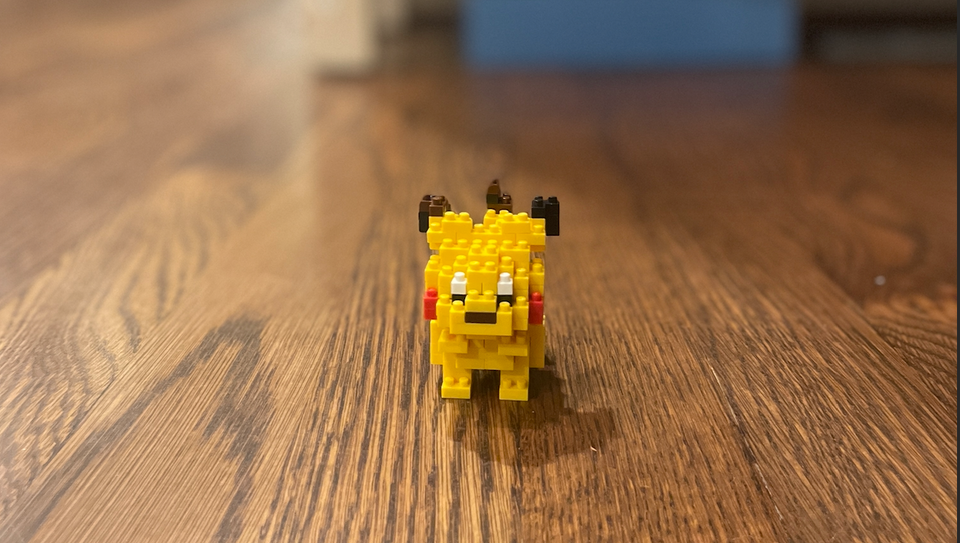What I read this week (week of 09/26)

Why Even Big Tech Companies Keep Getting Hacked—and What They Plan to Do About It
- Hackers keep tricking employees to gain access to corporate networks, so companies are changing their approach to make it harder to wreak havoc once they’re in.
- The companies that should know best how to fight hackers, tech firms, have reached an arresting conclusion: The weakest link in security, as it’s been since the Trojan War, is humans. Increasingly, they are taking a new approach: Trust no one. The philosophy, known as zero-trust architecture, assumes that no matter how robust a company’s external defenses are, hackers can get in. So companies need to make sure that even users inside a network can’t do serious damage.
- Companies admitted that they could assume hackers could somehow get into their network, so they need to truly implement the zero-trust strategy, which means Zero-trust is a broad concept, but at base it means that no part of a company’s IT systems should assume that any other part—human or software—is who or what it claims to be. All systems are assumed to be compromised by hackers already.
- Used to be that the office building is the moat, but nowadays, with working remotely and working on all kinds of end devices, so much potential could be the penetration point.
Preparing Your Startup for the Next M&A Wave
- The 2018 downturn actually quietly baked M&A opportunity: wed. During the early recovery, however, VC-backed M&A rebounded and skyrocketed: Annual deal values eclipsed $30 billion in 2010, holding steady before ballooning above $70 billion in 2014.
- To get a jump on the process, it’s important to know how you’ll be evaluated by a potential buyer. Most will have a ranked scorecard with specific criteria, such as deal terms, strategic fit, competitive gaps filled, cultural compatibility, potential upside, and finally “lift” – how hard will the purchase and subsequent integration be?
- The last category is most actionable. If M&A is likely in your intermediate future, your task today is to reduce a prospective buyer’s lift and increase your “acquirability.” To accomplish this, entrepreneurs should answer the following three questions in preparation for buyers to come knocking: How scalable are my system? How I insert my company into M&A deal flow? Is my company considered a good business partner?
- The best CEOs I know keep three active lists on their desks. The first is a list of top executive talent they’d like to hire — a topic for another day. The second is a list of potential acquisition targets, businesses that for the right price and at the right time would increase their long-term value. The third is shorter: companies that could be their right potential acquirer.
Quiet Quitting Is About Bad Bosses, Not Bad Employees
- Every employee, every workday, makes a decision: Are they only willing to do the minimum work necessary to keep their job? Or are they willing to put more of their energy and effort into their work?
- What makes the difference for those who view work as a day prison and others who feel that it gives them meaning and purpose?
- Either way, take a hard look at your approach toward getting results with your team members. When asking your direct reports for increased productivity, do you go out of your way to make sure that team members feel valued? Open and honest dialogue with colleagues about the expectations each party has of the other goes a long way.
- It’s easy to place the blame for quiet quitting on lazy or unmotivated workers, but instead, this research is telling us to look within and recognize that individuals want to give their energy, creativity, time, and enthusiasm to the organizations and leaders that deserve it.
Why China’s startup Investors depend on U.S. IPOs
- Article talks about the cash return of China’s U.S. dollar-denominated fund, is the IPO to US stock exchange the only exit?
- The eight major IPO-underwriting banks brought a total of 119 Chinese companies public in the U.S. from 2011 to 2021, averaging just shy of 11 IPOs per year.
What I listened to this week
Business breakdown - Trader Joe’s
Such a niche player, but definitely have its unique position in the competitive grocery space which typically only takes 3%-5% net profit.
Being around for 55 years, Trader Joe’s only serves 10% of number of skus comparing that of regular grocery chains, however, taking a way higher profit parentage — the beauty of doing less, but more efficiently.
Full research in PDF: https://joincolossus.com/research/trader-joes.pdf
